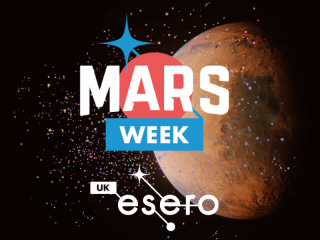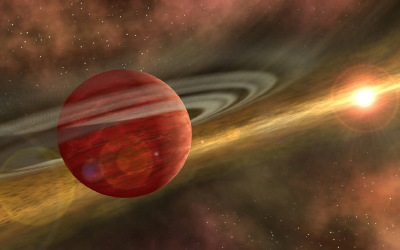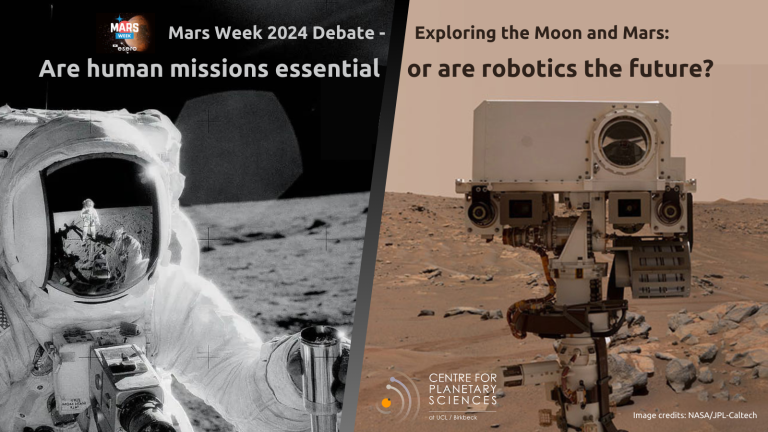
Take part in the live debate online on the evening of Thursday 7th March! A public engagement event hosted by the Centre for Planetary Sciences at UCL/Birkbeck as part of Mars Week 2024.
This event is free.
Event Information
Open to
- All
Availability
- Yes
Cost
- Free
Organiser
-
Joanna Fabbri
Exploration of our Solar System has never been more exciting with many new space missions planned or on route to their distant destinations, promising to increase our understanding of the Universe and our place in it. Exploring the Moon and Mars has been at the forefront of our endeavours so far making discussion of how essential human-crewed missions are relative to future possibilities with robotic-only missions of great significance.
Our event 'Exploring the Moon and Mars: Are human missions essential or are robotics the future?' aims to highlight both sides of this exciting and topical debate. After hearing from our experts and delving deeper by asking them your questions, you can cast your own vote for Team Human or Team Robotic Exploration!
Introducing our experts...
Presenting the case for Team Human Exploration:
Professor Ian Crawford
Ian Crawford is Professor of Planetary Science and Astrobiology at Birkbeck, University of London. His research activities mostly lie in the fields of planetary science, especially lunar science and exploration, and astrobiology, the search for life in the Universe. He has long had an interest in the future of space exploration and is convinced that space exploration and development will prove to be of central importance for the future of humanity. He is the author of over 200 peer-reviewed research papers in the fields of astronomy, planetary science, astrobiology and space exploration. In 2021, Ian was awarded the Royal Astronomical Society's Service Award for Geophysics; the citation refers to his long-standing promotion of lunar science and human space exploration, his role as a mentor for young planetary scientists, and other contributions to the planetary science community.
Lucinda Offer
Lucinda Offer is the Education, Outreach and Events Officer for the Royal Astronomical Society in London which is a professional academic organisation that advocates for astronomy, geophysics, and space science in the UK. She was the Executive Director of the Mars Society USA from 2009-2021 which works to prepare humans for living and working on Mars via two-week simulations at their habitats in Utah and the Arctic. She is the Chair of National Astronomy Week in the UK, an Honorary Visiting Fellow for Bayes School of Business at City, University of London as an expert in the UK Space industry and the Mars Society, and the Chief International Advisor for Mars Cell Labs, Shanghai, China.
Presenting the case for Team Robotic Exploration:
Professor Andrew Coates
Andrew Coates is Deputy Director (Solar System) and Professor of Physics at UCL’s Mullard Space Science Laboratory (MSSL). He gained a BSc in Physics from the University of Manchester Institute of Science and Technology (UMIST), and an MSc and DPhil in plasma physics from Oxford University. Andrew’s space mission involvements include the Rosalind Franklin (ExoMars) rover where he leads the PanCam team; Perseverance where he is a co-investigator on Mastcam-Z; Cassini, where he leads the electron spectrometer team (part of the Cassini Plasma Spectrometer); Venus Express, Mars Express, Beagle 2 and Giotto. His scientific interests include the solar wind interaction with planets and comets, planetary surfaces and space instrumentation. He has authored and co-authored over 550 publications and is currently a member of the UK Science and Technology Facilities Council (STFC) Science Board. He is active in space and science outreach and is Vice President of the Society for Popular Astronomy.
Priya Patel
Priya Patel is a PhD student in the Planetary Group at the UCL Mullard Space Science Laboratory where she is studying the lower Martian atmosphere using data from the Perseverance rover at the Jezero Crater on Mars. As part of her PhD, she is currently on a placement at the NASA Jet Propulsion Laboratory (JPL) in Pasadena, California. Born in a village in India, growing up in the UK and currently living in California, Priya has explored some unique parts of the world, whilst also exploring the universe. She did an undergraduate degree in Physics at Imperial College London where she was first introduced to research, followed by a Masters in Space Science and Engineering at UCL. She was able to put some of her learning into practice as a Young Graduate Trainee at ESA's European Space Research and Technology Centre (ESTEC), in the Netherlands. At ESA, she gained an insight into how various space science missions are designed, and her main involvement was with the Laser Interferometer Space Antenna (LISA) mission, which will be the first space-based gravitational wave observatory, planned for launch in 2037.
Our host:
Dr Andrew Rushby
Andrew Rushby is a Lecturer in Astrobiology at Birkbeck/UCL-CPS. Andrew’s interest in the climates of newly discovered exoplanets, particularly small and rocky worlds, started during graduate studies at the University of East Anglia, which was followed by postdoctoral fellowships at NASA Ames Research Center and the University of California, Irvine. Andrew's research into the habitability of small planets outside of our Solar System, and to develop a new postgraduate degree in Astrobiology, launched in October 2023, which is one of the first of its kind in the UK. Andrew is also a passionate science communicator. He co-hosts the Exocast podcast, which discusses all things related to exoplanetary science and astrobiology.
Links

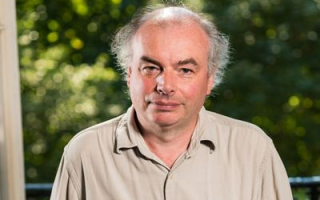
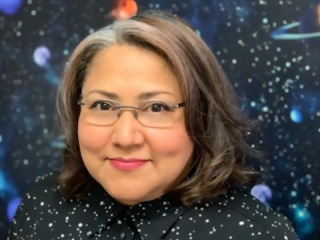
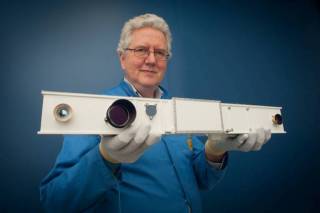
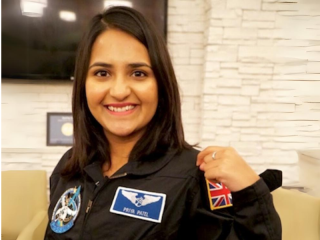
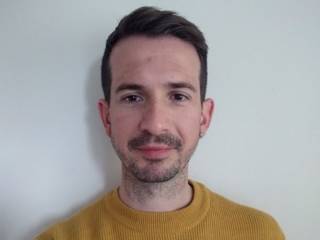
 Close
Close


